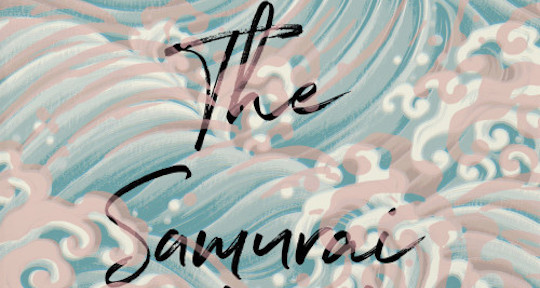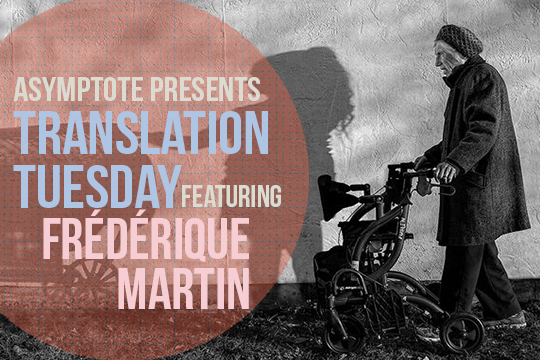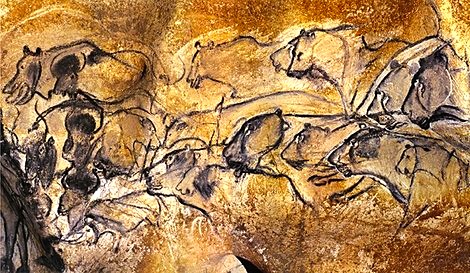The Samurai by Shūsaku Endō, translated from the Japanese by Van C. Gessel, new edition by New Directions, August 2018
The Samurai is Shūsaku Endō’s 1980 historical fiction that won him the prestigious Noma Literary Prize in Japan in the same year. As stated by Endō himself, this novel’s purpose was not meant merely as historical illustration—it is the story of a spiritual journey through suffering and, in some ways, a story of Endō himself. The Samurai has been published in a fresh edition by New Directions, featuring Van C. Gessel’s original English translation.
The Samurai begins in a poor village in the marshlands of northeast Japan at the very beginning of the seventeenth century. Peasants slave in the fields to pay rice taxes to their feudal lords, often unable to keep any to feed themselves. The samurai, Hasekura Rokuemon, looks after the village dutifully and works alongside the peasants in the fields. Based on real historical events, the samurai is commanded by his feudal lord to leave behind his village and set sail to New Spain (now Mexico) as an emissary to establish trade relations. Along with three fellow Japanese envoys, an ambitious, Jesuit-hating, Franciscan missionary named Velasco, and a horde of Japanese merchants looking for profits, the samurai’s voyage takes him across the deserts of New Spain, Madrid, and finally to Rome, at the foot of the Pope. This voyage is modeled after the real historical journey known as the Keichō Embassy (1613-1620). This historic embassy was one of Japan’s last diplomatic outreaches before the Tokugawa shogunate enacted a strict isolation policy known as the Sakoku, which lasted for the next two hundred and twenty years.



